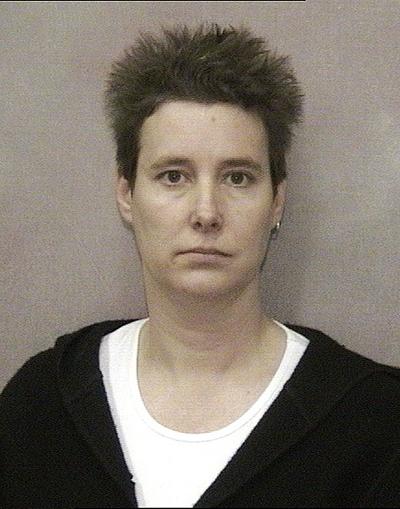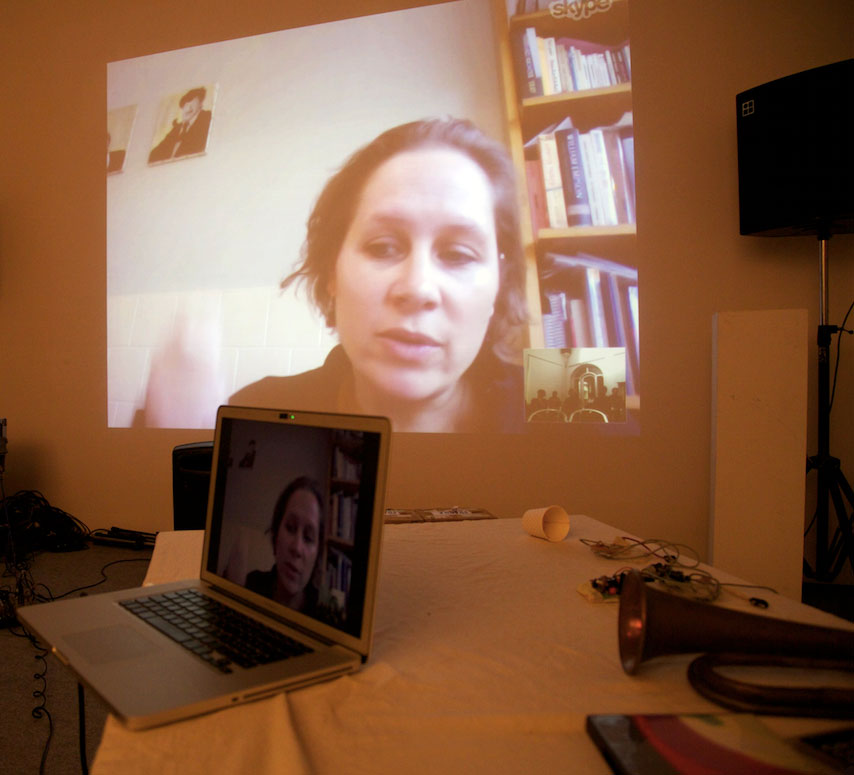About the Project
Listening across Disciplines is an Arts and Humanities Council (AHRC) funded network project which brings together artists, musicians, scientists, technologists and social scientists as well as scholars and practitioners from the humanities to work across disciplinary boundaries on the recently emerging focus on sound and listening.
Through the framework of three network events key participants from a range of disciplines and professions, as well as stakeholders from education, press and health, students, Early Career Researchers and the general public, will conduct a cross disciplinary exploration of the status, method, and evaluation of listening. The participants will present, workshop and share their discipline specific application of listening; present its analytical, diagnostic or data gathering function; and debate the role of listening in the transfer of results and outcomes to other professionals and the general public.
The aim is to initiate a cross disciplinary exchange that draws together auditory research initiatives and methods from across the disciplines to advance its status and use. The principal and longer term aim of this network project is to establish a research hub that provides the infrastructure and shared terrain to develop and document, educate and disseminate information, guidelines and policies about listening as a methodology of investigation and communication in which culture and science can collide to generate new knowledge and innovative modes of knowledge production.
The issues under investigation are:
- The scholarly and public understanding of listening as a skill and methodology
- The discipline specific applications of listening and how they can be shared
- The analytical, data gathering and diagnostic function of listening compared across the disciplines
- The legitimacy and evaluation of the heard for the arts and humanities and for science and technology disciplines
- The role of listening in the transfer of results and outcomes to other researchers, professionals and a general public.
The three network events, which perform key moments of enquiry each pursue a particular focus:
- Listening to the Environment focuses on ecological, geological, architectural and spatial concerns.
- Listening to Bodies and Materialities considers social and medical issues, anthropology and forensics
- Listening to Language, Culture and Artefacts deliberates on speech and language, technology, museology and curation.
The Researchers

The co-investigator Prof. Anna Barney is a Biomedical Acoustic Engineer at Southampton University, who has very clear aims of what she hopes listening might achieve in terms of the quantification of a discovery; to reach consensus on symptoms; and to pursue the possibility for a shared vocabulary, to produce consistency and trust in the heard and give it scientific legitimacy.

By contrast the PI, Dr. Salomé Voegelin, who is a Reader in Sound Arts at the London College of Communication UAL, is interested in listening as an artist and writer and aims to establish consensus that listening is an important socio-ecological sensibility and engagement which might however pluralise perception rather than find agreement; and she is less interested in the veracity of data and scientific truth as much as in the fact that sound can evoke doubt in what we consider to be real and truthful, therefor questioning normative values.
What they share in common is the desire to make listening and sound a valid perceptual process and material; to evaluate how it is worked with and talked about; to promote its legitimacy and develop the technological; physical and conceptual methods through which it might achieve new knowledge and innovative insights into how the world is. A cross-disciplinary pursuit of these aims aspires to compare applications to inspire new approaches and collaborations, which combine artistic doubt with scientific speculation





